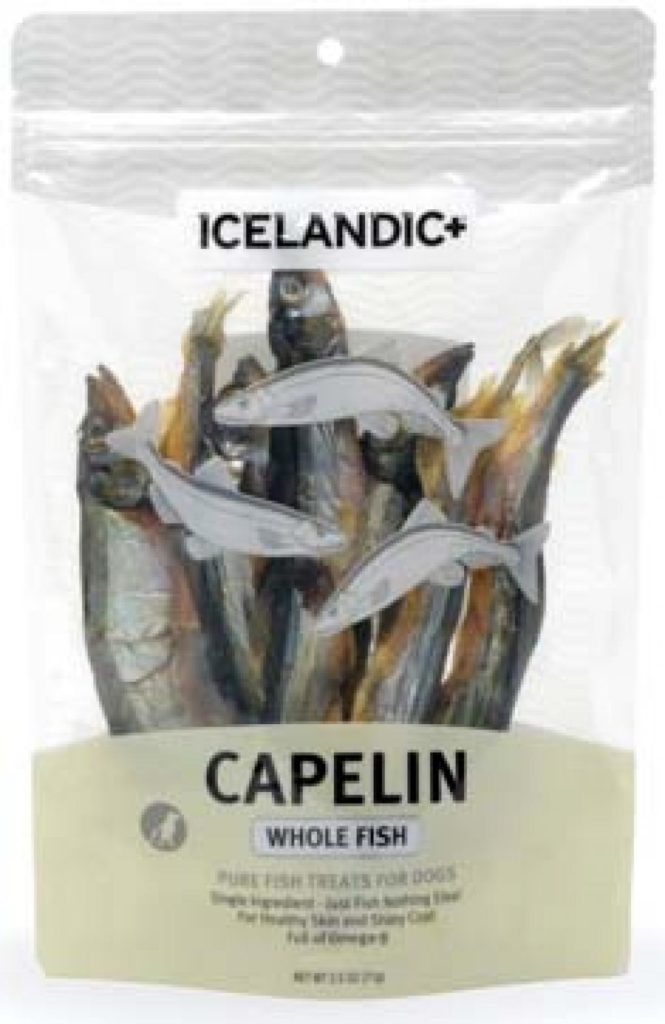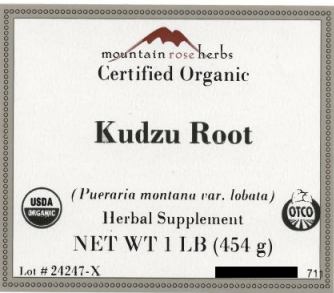A new study from the University of Washington published in the Journal Global Change Biology (March 19, 2020, https://onlinelibrary.wiley.com/doi/abs/10.1111/gcb.15048), found a 283 fold increase from 1970 to 2015, in the presence of a worm that can be transmitted to humans who eat raw or undercooked seafood (Anisakis spp. or “herring worm). When people eat live herring worms, the parasite can invade the intestinal wall and cause symptoms that mimic food poisoning. In most cases, the worm dies after a few days, and the symptoms disappear because the worms can’t reproduce or live for more than a few days in a human’s intestine. However, they can persist and replicate in fish and other marine mammals. The worms reproduce in the guts of these animals and are released into the ocean via the marine mammals’ feces, then infecting more animals.
ruth
ruth
The FDA has determined that salt-cured, dried, or fermented un-eviscerated fish larger than 5 inches have been linked to outbreaks of botulism poisoning in humans between 1981 and 1987 and again in 1991. As a result, IcelandicPlus LLC of Ft. Washington, PA, recalled its Capelin Pet Treats because some of the fish have exceeded the FDA compliance guideline for fish larger than 5 inches. To date, there have been no reported illnesses of dogs, cats, or persons in connection with Capelin. Nor has there been any positive test result for Clostridium botulinum from any IcelandicPlus Capelin. This product would be found in Independent Pet Specialty Stores within all States in the United States. The company is changing its supplier to ensure that the products are consistently less than 5 inches, or if larger, they will be completely eviscerated. @ https://www.fda.gov/safety/recalls-market-withdrawals-safety-alerts/icelandicplus-llc-voluntarily-recalls-whole-capelin-fish-pet-treats-because-product-exceeds-fda-size?utm_campaign=IcelandicPlus%20LLC%20Voluntarily%20Recalls%20Whole%20Capelin%20Fish%20Pet%20Treats&utm_medium=email&utm_source=Eloqua
Out of an abundance of caution IcelandicPlus LLC of Ft. Washington, PA, is recalling its Capelin Pet Treats because some of the fish have exceeded the FDA compliance guideline for fish larger than 5 inches. The FDA has determined that salt-cured, dried, or fermented un-eviscerated fish larger than 5
ruth
The FDA announced on its website that Guan’s Mushroom Co of Commerce, CA recalled all cases of its 200g/7.05 ounce packages of Enoki Mushroom (Product of Korea) because it has the potential to be contaminated with Listeria monocytogenes. The recalled products were distributed from CA, NY, PA, in retail stores through produce distributors or wholesalers. No illnesses have been reported to date in connection with this problem. The potential for contamination was noted after routine testing by the State of California revealed the presence of Listeria monocytogenes in the 200g package of Enoki. The distribution of the product has been suspended.@ https://www.fda.gov/safety/recalls-market-withdrawals-safety-alerts/guans-mushroom-co-recalls-enoki-because-possible-health-risk?utm_campaign=Guan%E2%80%99s%20Mushroom%20Co%20Recalls%20Enoki%20Because%20of%20Possible%20Health%20Risk&utm_medium=email&utm_source=Eloqua
Guan’s Mushroom Co of Commerce, CA is recalling all cases of its 200g/7.05 ounce packages of Enoki Mushroom (Product of Korea) because it has the potential to be contaminated with Listeria monocytogenes, an organism which can cause serious and sometimes fatal infections in young children, frail
Doug-B
The FDA announced on its website that Mountain Rose Herbs (MRH) of Eugene, Oregon recalled all sizes of its Organic Kudzu Root Herbal Supplement because they have the potential to be contaminated with Salmonella. The product comes in a clear plastic, or poly-woven bag with net weight ranges from 4 oz. to 50 lbs. The recalled Organic Kudzu Root Herbal Supplement was distributed to customers who ordered from mountainroseherbs.com, purchased at the company’s retail shop in Eugene, Oregon, or placed mail orders by phone or fax between the dates of 6/17/2019 to 3/2/2020. It is possible MRH customers also resold the Kudzu Root to their own clientele. Mountain Rose Herbs also distributed product directly to customers in AL, AR, AZ, CA, CO, CT, FL, GA, HI, IA, ID, IL, IN, KS, KY, MA, MD, ME, MI, MN, MO, MT, NC, ND, NE, NH, NJ, NM, NV, NY, OH, OR, PA, SD, TN, TX, UT, VA, VT, WA, WI, WV, WY, British of Columbia, Nova Scotia, Ontario, and Quebec of Canada. No illnesses have been reported to date. Production of the product has been suspended while we continue our investigation. @ https://www.fda.gov/safety/recalls-market-withdrawals-safety-alerts/mountain-rose-herbs-recalls-organic-kudzu-root-herbal-supplement-due-possible-health-risk?utm_campaign=Mountain%20Rose%20Herbs%20Recalls%20Organic%20Kudzu%20Root%20Herbal%20Supplement%20Due%20to%20Possible%20Health%20Risk&utm_medium=email&utm_source=Eloqua
Mountain Rose Herbs (MRH) of Eugene, Oregon is recalling all sizes of its Organic Kudzu Root Herbal Supplement from Lot #24247-X and #24247 because they have the potential to be contaminated with Salmonella, an organism which can cause serious and sometimes fatal infections in young children, frail



